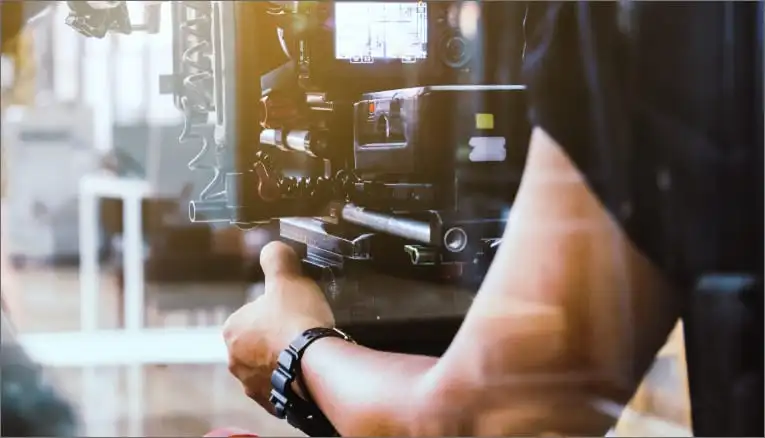Undercover Reporting: A Powerful Tool and Its Ethical Considerations
Undercover reporting is a powerful tool in modern journalism that allows journalists to delve deep into important stories and expose hidden truths. However, it also raises significant ethical considerations that need to be carefully navigated. In this article, we will explore the key factors journalists should consider when engaging in undercover reporting, ensuring that their work upholds ethical standards while still making a meaningful impact.
1. Accuracy and Truthfulness
Maintaining accuracy and truthfulness is paramount in undercover reporting. Journalists must be diligent in verifying information and cross-checking facts to ensure the accuracy of their reporting. This is especially crucial when using hidden cameras or recording devices, as misrepresenting events or manipulating footage can undermine the credibility of the story and damage the reputation of the journalist.
2. Informed Consent
Respecting the principle of informed consent is vital in undercover reporting. Journalists should consider whether obtaining consent from all parties involved is necessary and feasible. While there may be situations where obtaining consent is not possible, it is important to carefully evaluate the potential harm caused by not seeking consent and weigh it against the public interest served by the story.
3. Balancing Privacy and Public Interest
Undercover reporting often involves intruding into people’s private lives to uncover hidden information. Journalists must strike a delicate balance between the public interest in exposing wrongdoing and an individual’s right to privacy. This requires careful consideration of the potential harm caused to individuals and the overall public benefit of the story.
4. Minimizing Harm
Journalists should take all reasonable steps to minimize harm to individuals and communities impacted by their undercover reporting. This includes considering the potential consequences of their actions and the potential for retribution or harm to sources or innocent bystanders. Striving to minimize harm is crucial in maintaining the ethical integrity of undercover reporting.
5. Transparency and Accountability
Maintaining transparency and being accountable for their actions is essential for journalists engaged in undercover reporting. Journalists should be prepared to explain and justify their methods and decisions, especially when facing criticism or legal challenges. Transparency helps build trust with the audience and ensures that journalists are held accountable for their work.
6. Legal Considerations
Undercover reporting can sometimes involve legal risks. Journalists must have a solid understanding of the laws and regulations governing their work, both in the jurisdiction where they are conducting their investigation and in the jurisdiction where the story will be published. Consulting legal experts can help journalists navigate the legal complexities involved in undercover reporting.
7. Long-Term Impact
Journalists should also consider the potential long-term impact of their undercover reporting. This includes evaluating whether the story will lead to meaningful change or if alternative methods of reporting could achieve similar results. Understanding the potential consequences of their work can help journalists make informed decisions about the necessity and effectiveness of undercover reporting.
Key Takeaways
- Accuracy and truthfulness are paramount in undercover reporting. Journalists must verify information and cross-check facts to maintain credibility.
- Respecting informed consent is vital. Journalists should evaluate the need for consent and weigh it against the public interest served by the story.
- Balancing privacy and public interest requires careful consideration of potential harm to individuals and the overall public benefit of the story.
- Minimizing harm is crucial. Journalists should take steps to prevent harm to individuals and communities affected by their reporting.
- Transparency and accountability build trust with the audience and ensure journalists are held responsible for their actions.
- Understanding legal considerations is important to navigate the complexities of undercover reporting.
- Long-term impact should be evaluated to determine the necessity and effectiveness of undercover reporting.
Considering the ethical complexities involved in undercover reporting, it is crucial for aspiring journalists to have a solid foundation in modern journalism practices. If you’re interested in pursuing a career in journalism, consider enrolling in the “NYU | Modern Journalism” online course and certificate program offered by Yellowbrick. This comprehensive program will provide you with the necessary skills and knowledge to navigate ethical considerations and excel in the field of journalism.








